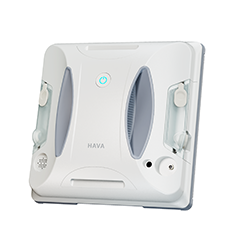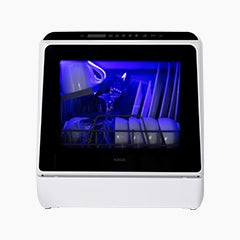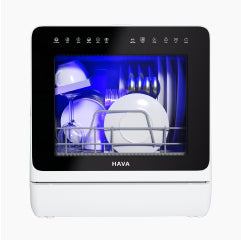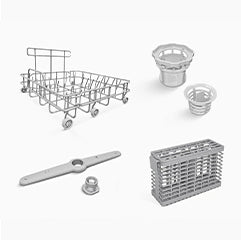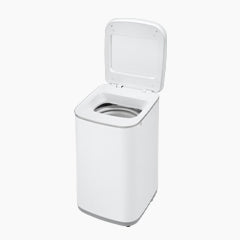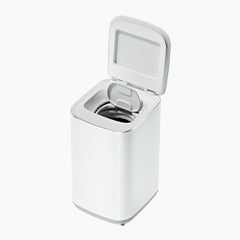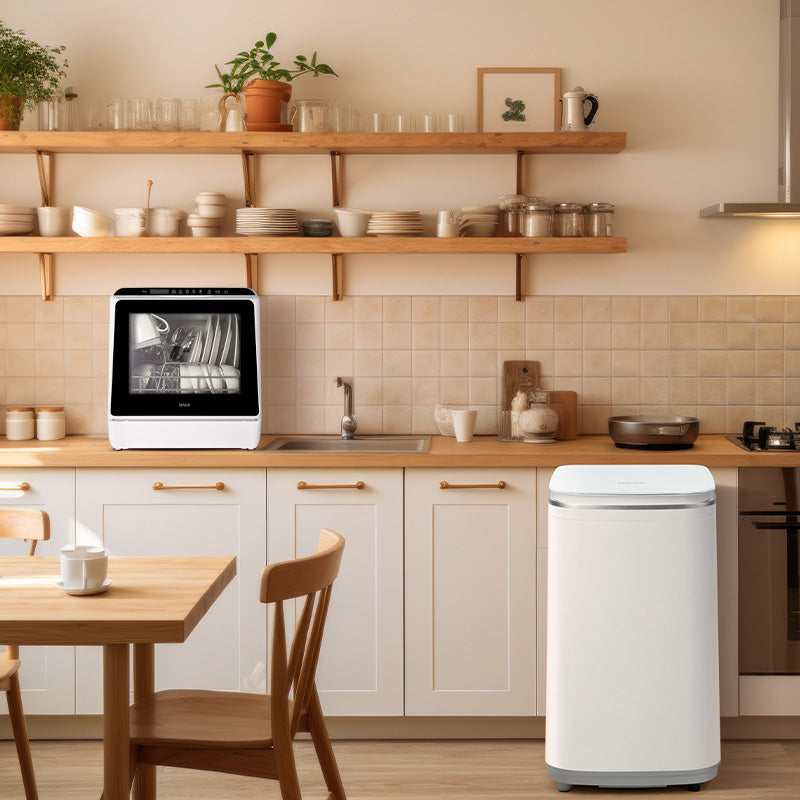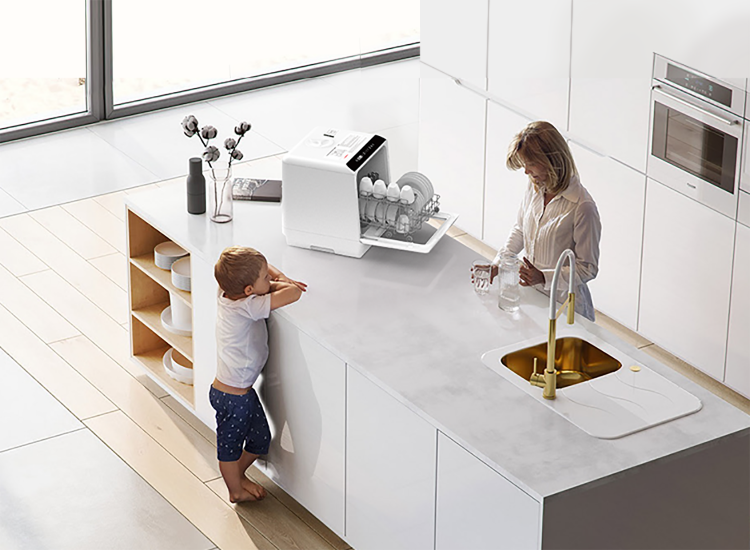
Introduction
As you walk down the supermarket aisle looking for dishwashing detergents, it may become quite apparent that there are so many brands and types to choose from. Trying to figure out which ones are better and what their advantages are can be overwhelming.
With most working professionals completely occupied with their work tasks, dependence on efficient home appliances is higher than ever. It’s no wonder that appliances such as washing machines, dishwashers, and home cleaning robots are becoming a necessity rather than simply an optional convenience. While there are many appliances available in the market, they are only effective if used with the right accessories and cleaning agents. While you can find an array of products in stores and online, it is very important to understand which ones are suited to your appliance and which ones can be harmful and reduce the lifetime of your appliance.
The focus of this article is on a review of dishwasher detergents and the properties that make them popular in households all over. Every day, at least one batch of utensils, crockery, and cutlery is put into the wash to be cleaned and ready to use again. To have the dishwasher performing at its best, the choice of dishwashing detergent is very important. You will find that there are various options available, including dishwasher liquid, dishwasher tablets, dishwashing pods, and so on. But have you ever wondered which one delivers the best results and is also good for your machine? The rest of this article will provide insight into the types of dishwasher detergents, using dishwasher liquids, and a comprehensive comparison of the available options.
One of the key elements in the dishwasher powder is phosphate, and we will learn a bit more about its effects and side effects, too.
Part 1: Types of Dishwashing Detergents
Like most products available today, dishwashing detergents are available in a variety of types. Here is some information on the three main types:
Dishwashing Powder
Very similar in appearance to a laundry powder, it can be poured or loaded into the dispenser using an appropriately sized spoon or scoop. You have to be quite careful as to the quantity that you use, as too much powder can leave the dishes with traces of detergent on them, giving them an unclean look and result. Using too little powder can leave your dishes unclean, and you may have to run your dishwasher a second time.
Dishwasher Tablets/Tabs
As the name suggests, this detergent type is packaged in small tablets or cubes of concentrated dishwasher detergents. Their usage is versatile, as you can place them in the dispenser or even in the main dishwasher compartment just for good measure. The primary benefit of these dishwasher tabs is that they come in pre-measured sizes and are easy to handle. Unlike powder, you won’t be finding spillage an issue. They are typically pricier than dishwasher powder, but that is acceptable since they usually contain elements (such as rinse aids) that serve to help remove grease and make your dishes shine.
Dishwashing Liquid
We all have used liquid gel utensil detergents, and dishwashing liquid is not very different. Similar to powder, it needs to be poured into the dispenser. There is still the issue of using too little or too much liquid, however, being in a gel form it is usually less likely to spill. Using more than needed is quite unhealthy, as the gel can end up not dissolving completely and might coat your dishes with a thin film of soap. As far as pricing goes, the liquid usually costs more than powder, but less than the tablets.
Part 2: Can You Use Dishwashing Liquid in a Dishwasher?
As we saw in the previous section, dishwashing liquid or gel form can be used in dishwashers. While the cost of the product is usually midrange, dishwashing liquid is available in both the tab form, which can be a bit more expensive, and in bottled form.
Part 3: Liquid vs. Powder Dishwasher Detergents: Which is Better?
Usually, at the time of purchasing a dishwasher, the manufacturer would guide you as to which form of dishwasher detergent is best for your machine. In case this was skipped over, you can still find this information in the appliance’s user manual. Regardless of brand, the dishwasher liquid and dishwasher powder detergents each have their own distinctive properties that set them apart from each other.
First, dishwashing liquids tend to stick onto the inner parts of the machinery, and over time this can reduce machine efficiency. Because of this, dishwashing liquid detergents are usually not highly recommended. Second, if too much dishwashing liquid is used in a wash, the dishes can end up with after-wash spots or a thin film of soap, which is very unhygienic. In terms of cost, these tend to be in the higher price range.
Now, if we compare this with dishwashing detergent powders, we find that the powder dishwashing detergents are both cost economical and are known to clean delicate dishware far more efficiently. However, if too much powder is used here as well, there can be streaks left on the dishes, and handling a powder comes with the possibility of spilling.
Each of these detergent types has its pros and cons, and you should make your choice based on what fits your budget and what gives you the best results for your dishwasher.
Phosphate in Detergents
If you check the ingredients in a typical dishwashing soap or liquid, you are certain to find phosphate listed among them. Phosphate is used to help automatic dishwasher detergents effectively clean tough stains. For commercial purposes, like in a restaurant or café where heavy-duty cleaning power is needed, dishwashing detergents with phosphate are needed, since most of the washing is done through a dishwasher. There are other varieties of dishwashing detergents without phosphates that are better suited for gentle cleaning purposes. Since some of you may be using a rinse additive, dishwashing detergents that have phosphate work well by giving the dishes a shiny look and good quality finish. Many states, however, have banned the usage of phosphates in dishwashing detergents, citing it to be an environmental hazard when dumped into lakes or rivers through wastewater.
Part 4: Which Dishwasher Detergents Contain Phosphates?
Pretty much every dishwashing soap brands used to contain phosphates. Now, most popular brands such as Cascade, Dawn, Arm and Hammer, Tide, Ariel, Cheer, Gain, Ace, and Bold are phosphate-free. However, there are still a few residual brands, like Fairy Liquid, that sill contains phosphates.
Conclusion
If you are trying to figure out which dishwashing detergent is best for your dishwasher and is also good for the environment, then choose from the options of dishwasher tabs or dishwashing liquids, or even the dishwashing pods, as long as they suit your budget, your dishwasher, and are phosphate-free. We hope that the contents of this article helps you determine the best dishwasher soap for you.
